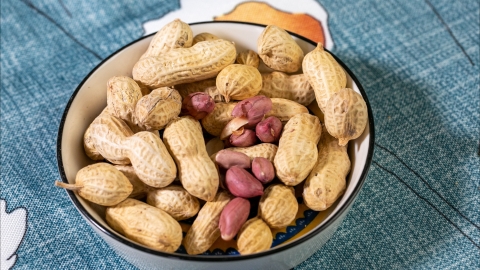What else can I eat besides milk to supplement protein?
Generally, in addition to milk, protein can also be supplemented through the consumption of grains, nuts, seafood, meats, eggs, and other foods. The analysis is as follows:

1. Grains
Certain grain products, such as corn, millet, rice, and other coarse grains, also contain a certain amount of protein and essential amino acids for the human body. Although their protein content is relatively low, they can help supplement protein as part of daily diet.
2. Nuts
Nut products such as walnuts, cashews, pine nuts, and pistachios also contain large amounts of protein and are rich in unsaturated fatty acids, which are beneficial to health. However, nuts are high in calories and should be consumed in moderation.
3. Seafood
Seafood such as grass carp, crucian carp, shrimp, crab, salmon, and tuna not only have high protein content but also relatively low fat content, making them excellent choices for protein supplementation.
4. Meats
Meat products contain abundant protein, including pork, beef, lamb, chicken, and duck meat. These meats have high protein content and contain various essential amino acids for the human body.
5. Eggs
Egg products contain high-quality protein, such as chicken eggs, duck eggs, goose eggs, and quail eggs. These egg products not only contain abundant protein but are also easily absorbed and utilized by the human body.
To ensure adequate protein intake and maintain a balanced diet, it is recommended to diversify food choices, pay attention to combining various foods in daily meals, and avoid relying on a single food to meet all nutritional needs.




